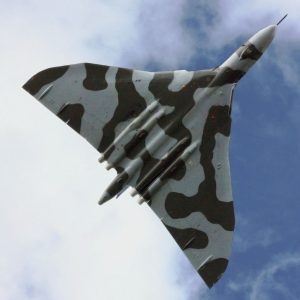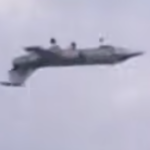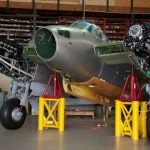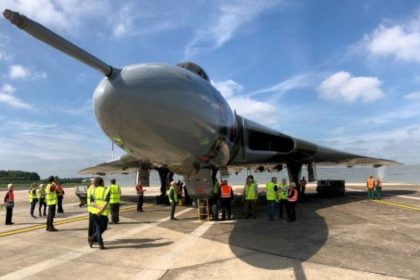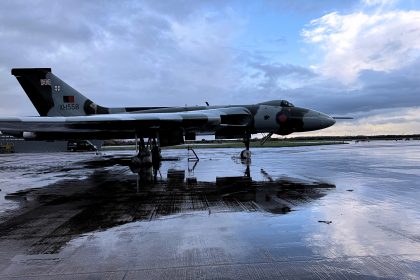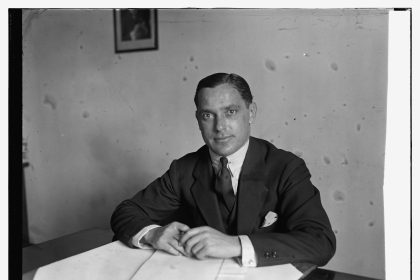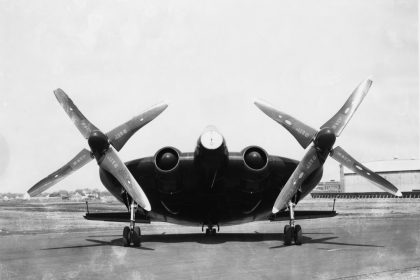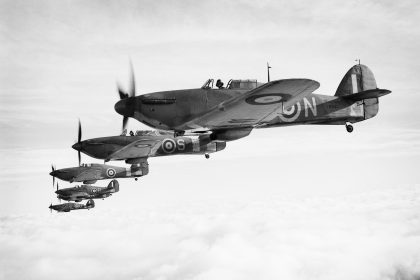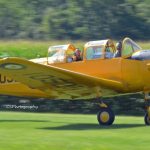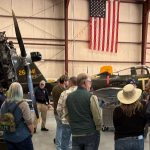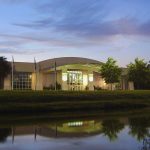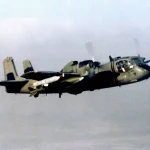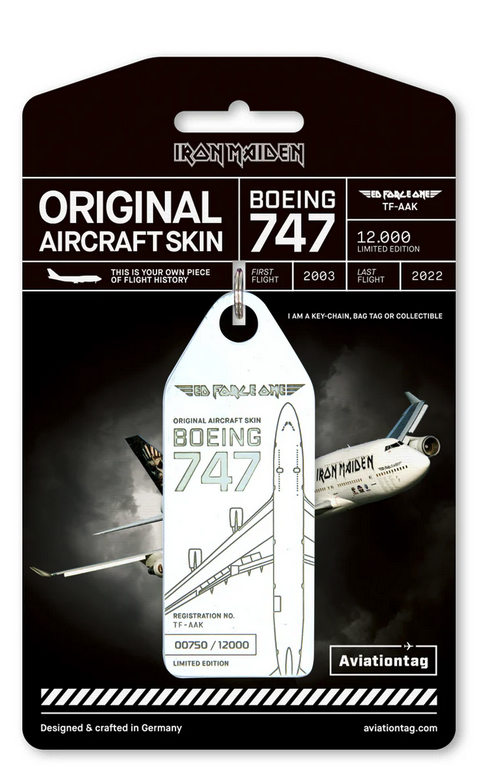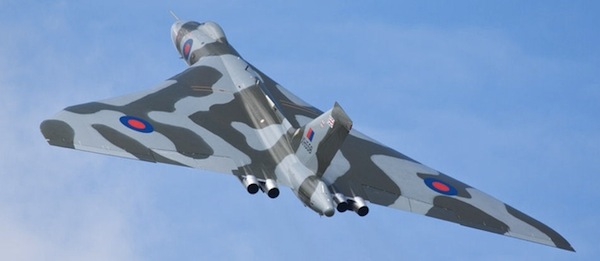
enhancing both it’s fuel economy and airframe longevity.
(Image Credit: Vulcan to the Sky Trust)
Last week the UK Civil Aviation Authority (CAA) announced that it would be easing restrictions on the operation of Vulcan to the Sky’s Avro Vulcan XH588, and henceforth the plane will be no longer be restricted to daytime Visual Flight Rules (VFR) conditions.
The VFR restrictions were particularly onerous for the operators of the Cold War bomber as it represented a significant cost both in terms of fuel economy and air frame longevity on this plane as it was designed to operate in the thin atmosphere and low turbulence afforded by high altitude flight.
The Vulcan is currently operated under a CAA Permit to Fly, rather than the Certificate of Airworthiness that is issued to craft meeting the International Civil Aviation Organizations’ certification standards. This first time ever lifting of what has been a blanket restriction on all Permit to Fly aircraft will allow the UK’s sole remaining flying Vulcan, nicknamed “The Spirit of Great Britain,” to be operated under daytime Instrument Flight Rules (IFR), and in Instrument Meteorological Conditions (IMO).
(Image Credit: James Humphreys, CC 3.0)
Robert Pleming, the Vulcan to the Sky Trust’s Chief Executive commented: “This is excellent news. We have been working with the CAA and Marshall Aerospace for the last couple of years towards the goal of a limited daytime Instrument Flight Rules clearance that will allow XH558 to fly through Instrument Meteorological Conditions to higher altitudes and smoother air to obtain, as the CAA have observed, a greater degree of safety, fuel efficiency and longevity. We’re all delighted, as this adds to the justification for the fatigue life extension planned – but not yet funded! – for this winter.”
The CAA also confirmed that it is engaging with the UK’s Light Aircraft Association to enable amateur-built and ex-type certified Permit aircraft that have met agreed airworthiness characteristics and suitably equipped for the operation, to also be relieved of their day/VFR limitation on a case by case basis.








